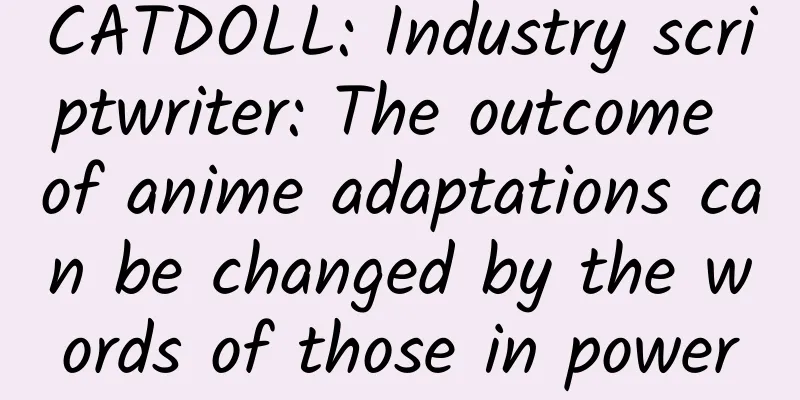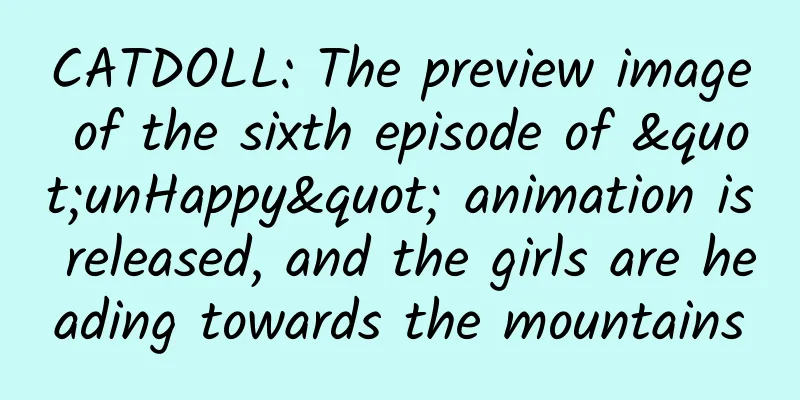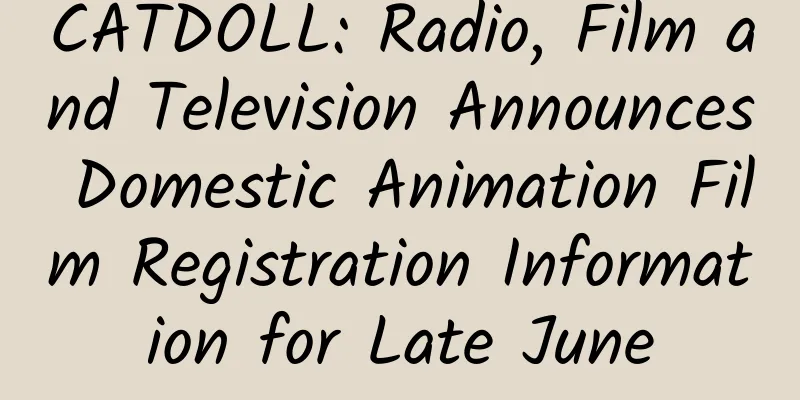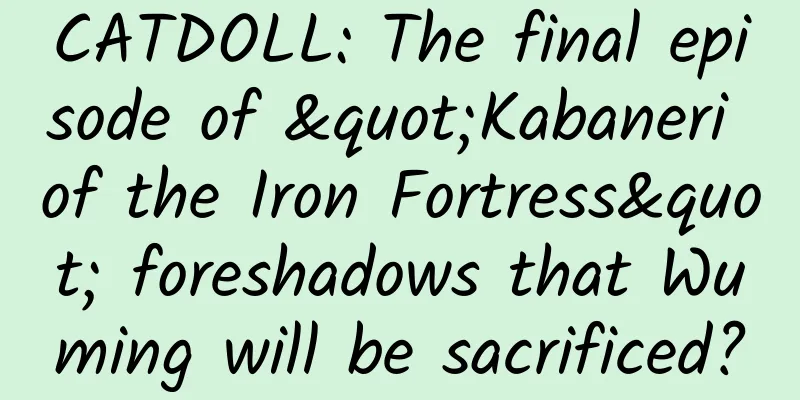CATDOLL: Industry scriptwriter: The outcome of anime adaptations can be changed by the words of those in power

|
Recently, there have been many live-action adaptations of animations. Let alone making money from live-action Japanese dramas and movies, many of these works have sparked controversy among fans. So why do live-action adaptations have so many problems? A scriptwriter in the industry recently explained this in an interview. Q: When you set out to write a live-action version of the original manga, why do you think changes were made to the content? A: In the end, it is almost impossible to faithfully adapt the original work into a live-action version, no matter what field. One of the problems is the actors. The production process of animation is different from that of live-action, and it is also different from the original work adaptation animation. In the case of live-action, the first thing to consider is the actors. We have to arrange the schedules of those well-known actors or actors who are highly praised from a year ago. Therefore, apart from some exceptions, most of the time it is not "we want to make a live-action version of this comic", but "we want to make a live-action version for XX to play the role, so we are looking for an original work suitable for him to play." Occasionally, someone will wonder "why do we want to make this work into a live-action version now?", and then we can often speculate that there is such an inside story. In fact, it is said that there was a work in which the protagonist was a robot, and the acting skills required of the actor were very low, and even no acting skills were required... and at that time, such an original work was found just to suit that actor. Q: I see. So, having some original characters that were not in the original work appear is also related to the actors? A: This is a question of length. It is too difficult to compress such a long original work into 120 minutes (movie) or 10 episodes (TV series). Especially if we want to focus on the plot, there will be no time to delicately portray the relationship and mood of the characters. Therefore, we will let some original characters take on the task of transitional plots, so as to accelerate the development of the plot. This is more difficult for TV dramas. Movies are supposed to show the audience the beginning, development, turn and end in 120 minutes, but TV dramas have to create a new beginning, development, turn and end in the beginning. For this reason, we must introduce original characters before the audience gets tired of watching and switches channels, so as to make some changes. Q: Now we know why the changes were made. But can we keep the changes to a level that won't make fans of the original angry? A: Well... I think it's useless to faithfully restore the original work. Doing so will only satisfy the fans of the original work, but more people may not buy it. If you want to make a work successful, you should attract more people to watch it besides the fans of the original work. Are there any successful examples of movies that faithfully reproduce the original works? We should consider this question, right? Some popular works, such as "The Sunset on Sanchōme" and "Thermae Roma", have made bold changes to the original works. Maybe what I said was not very nice... Even if the fans of the original work are dissatisfied, they will still watch it in the end, so our publicity target should be placed on the new group. Q: That being said, many fans of the original work often feel that the core plot of the work has been modified, which makes them feel that the work is no longer worth watching. So do the production staff have no love for the original work? A: To be honest, I don't think there is much love. As I said just now, many people only start reading the original work after the actors are confirmed. And they are more likely to show the high quality of the performance that can only be achieved in a live-action version... I once wrote a story very faithfully according to the original plot. The production staff was very angry. They said it was not original enough. Of course, that work was still relatively faithful to the original in the end. Q: Hey, why do you want to change the modified content back to the faithful original? A: Because the original author said so. If it is not faithful to the original work, it will not be allowed to be filmed. This happens occasionally. I heard that the original author of "Nodame Cantabile" requested that no changes be made and that it be produced in accordance with the original work. And when "Boys Over Flowers" was adapted into a TV series, the original author used his authority to let Mao Inoue, who was not famous at the time, star in it. For works adapted from the original work, as long as the person with power speaks, the result may be changed. We, as scriptwriters, are not qualified to comment on the content (laughs). Also, if a producer who loves comics is in charge...it will be different. ------ For TV drama and film producers, the reason they changed the original work is to try to use their own methodology to create popular works. According to this scriptwriter, "I hope everyone will regard the live-action version as a work different from the original and pay attention to it with a gentle eye." |
>>: CATDOLL: Japanese media recommends "animation with college students as the protagonists"
Recommend
CATDOLL: The final volume of the manga "The Heart Calls Out" is on sale and the circle is really messy
The group drama "The Heart Wants to Shout Ou...
CATDOLL: Nine android voice actors for "Cyborg 009 VS Devilman" revealed, Jun Fukuyama joins
To commemorate the 50th anniversary of the classi...
CATDOLL: The latest stage play of Saiyuki in 2015 will be performed on September 17
The latest 2015 stage play "Saiyuki Opera&qu...
CATDOLL: "Tanaka-kun is always so lazy" Episode 11 Preview Akarin Possessed
The preview image of the eleventh episode of the ...
CATDOLL: "Naruto: Boruto Next Generations" new character design revealed! A new generation of ninjas rises strongly
With the official announcement of the theatrical ...
CATDOLL: Japanese netizens voted for the top yuri animations, and the cute girl kissing is the best
In Japanese anime, "yuri" is a very imp...
CATDOLL: Canadian female makeup artist transforms into American comic hero with real-life painting skills
Superheroes in American comics are extremely popu...
CATDOLL: The power of the abyss explodes, the final form of Kamen Rider Ghost's second rider Makoto is revealed
The currently popular "Kamen Rider Ghost&quo...
CATDOLL: "Magical Girl Illya" Season 4 Production Decision
At the end of the final episode of "Magical ...
CATDOLL: Japanese boy COS "Charlotte" heroine to participate in hacker competition, netizens sigh it is true love
The Japanese hacker technology competition was he...
CATDOLL: Animation production of the first part of the final chapter of the Monogatari series, "Yin Monogatari"
According to the news published in the "Mono...
CATDOLL: The manga "Alice and Zangroku" is anime-adapted to feature a grumpy old man and a superpowered girl
The manga Alice and Kuraroku (アリスと蔵六) by Tetsuya ...
CATDOLL: Popular spy novel "Joker Game" to be adapted into an animation
The "Joker Game" series of novels writt...
CATDOLL: "The Heroic Legend of Arslan" Season 2 Episode 4 Advance Picture Prince vs. Pirates
The preview image of the fourth episode of the se...
CATDOLL: Pre-orders for the high-tech gun in PSYCHO-PASS begin
In the drama "PSYCHO-PASS", the high-te...









